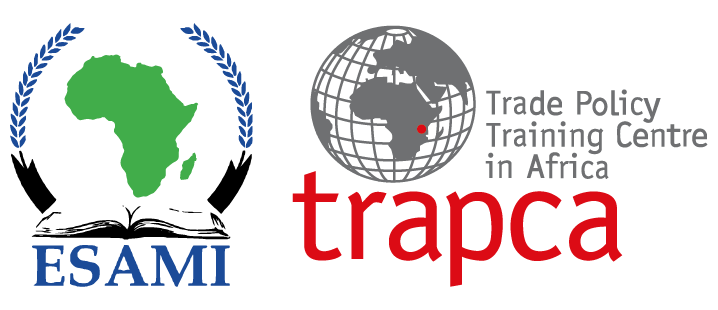Statement of need
The course provides an in-depth analysis of the political economy dimension underpinning African regional and economic integration as well as historical perspectives behind African trade and economic integration. If further recasts the concept of preferential in international trade within a broader discourse on the relationship between regionalism and multilateralism. Furthermore, it interrogates the notion of sovereignty in an integrating world as well as the emergence of nationalism as a corollary to trade and economic integration. Moreover, the course assesses the level of ambition set out in African regional trade agreements as against regulatory realities not subject to RTA disciplines as well as the implications of shifting the approach to trade among nations to the bilateral level.
The case studies cover SADC, EAC, COMESA, TRIPARTITE, UEMOA, ECOWAS, IGAD, ECCAS, proposed CFTA, SACU etc. The course makes further use of case studies involving trade arrangements between Africa and third parties such as EPA, EBA, AGOA and various GSP schemes. Moreover, it involves regional and economic integration experiences and recent developments from other regions including plurilateral and mega-regionals and their relevance and impact on African Regional trade and economic integration.
Course objectives
Content
Target group
Officials from Trade and Trade Related Ministries and parastatals, officials from Regional Economic Communities, Negotiators, and Regional Integration Practitioners. Ministries of law including attorney general offices, ministries of foreign affairs, ministries of trade and finance etc
Duration
2 Weeks
Venue: Arusha, Tanzania
Date: 10 – 21 June 2024
Course Fees
$1,600
